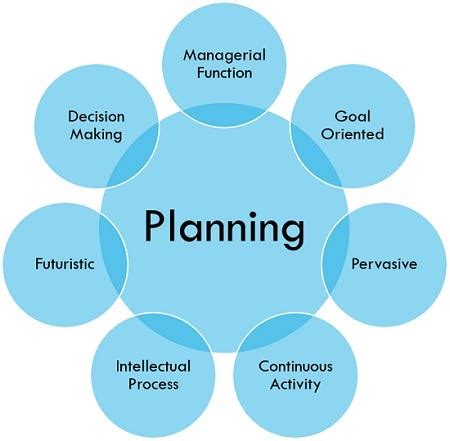Optimize recovery for peak daily performance & muscle gains. What’s key?

In the relentless pursuit of peak physical performance and significant muscle gains, many athletes and fitness enthusiasts focus intently on their training intensity, rep schemes, and weight progression. While crucial, this intense focus often overshadows an equally, if not more, vital component: recovery. Without proper recovery, even the most meticulously planned workouts can fall short of their potential, leading to plateaus, burnout, and an increased risk of injury. True progress isn’t just made in the gym; it’s forged in the hours and days following your sessions.
The Unsung Hero: Why Recovery Matters
Recovery is not merely the absence of training; it’s an active, physiological process where your body repairs damaged tissues, replenishes energy stores, and adapts to the stress you’ve imposed upon it. For muscle growth (hypertrophy), this means repairing microscopic tears in muscle fibers and synthesizing new proteins, making them larger and stronger. For daily performance, it translates to restored energy levels, improved cognitive function, enhanced mood, and reduced fatigue, allowing you to tackle each day, and each workout, with optimal readiness.

Pillar 1: The Power of Sleep
Often underestimated, sleep is arguably the single most critical recovery tool. During deep sleep, your body releases Growth Hormone (GH), essential for tissue repair and muscle growth. It’s also when your central nervous system (CNS) recuperates, which is vital for strength, power, and coordination. Chronic sleep deprivation elevates cortisol (the stress hormone), impairs glucose metabolism, and can lead to reduced testosterone levels, all of which are detrimental to muscle gain and performance. Aim for 7-9 hours of quality, uninterrupted sleep per night.
To improve sleep hygiene, establish a consistent sleep schedule, create a cool and dark bedroom environment, and avoid screens or stimulating activities close to bedtime.

Pillar 2: Fueling Your Body Right
What you eat and drink directly impacts your body’s ability to repair and rebuild. Proper nutrition provides the raw materials necessary for recovery and adaptation.
- Protein: Essential for muscle protein synthesis. Aim for 1.6-2.2 grams per kilogram of body weight, spread throughout the day, including a post-workout dose.
- Carbohydrates: Replenish muscle and liver glycogen stores, which are depleted during exercise. Crucial for energy and preventing muscle breakdown.
- Healthy Fats: Support hormone production and reduce inflammation.
- Hydration: Water is involved in every metabolic process, nutrient transport, and temperature regulation. Dehydration significantly impairs performance and recovery. Drink plenty of water throughout the day, especially around workouts.

Pillar 3: Active Recovery & Stress Management
Complete rest days are important, but active recovery can also play a significant role. Light activities like walking, cycling, or swimming at a low intensity help increase blood flow, delivering nutrients to muscles and flushing out metabolic waste products, without adding significant stress. Techniques like foam rolling, stretching, and massage can also improve flexibility and reduce muscle soreness.
Beyond the physical, mental and emotional stress profoundly impacts physiological recovery. High-stress levels lead to elevated cortisol, hindering muscle growth and fat loss. Incorporate stress-reducing practices such as meditation, deep breathing exercises, spending time in nature, or engaging in hobbies.

Integrating Your Recovery Strategy
Optimizing recovery isn’t about implementing one magic bullet; it’s about a synergistic approach. Regularly assess your recovery needs, which will vary based on training intensity, lifestyle, and individual physiology. Listen to your body: persistent fatigue, poor sleep, decreased performance, or increased irritability are all signs that your recovery may be insufficient. Adjust your training load, prioritize sleep, refine your nutrition, and consciously manage stress.

Conclusion: Your Path to Peak Performance
To truly unlock your potential for peak daily performance and continuous muscle gains, shift your mindset from merely surviving your workouts to actively thriving through comprehensive recovery. By giving sleep, nutrition, hydration, and active rest the attention they deserve, you not only accelerate physical adaptations but also enhance overall well-being. Embrace recovery as an integral, non-negotiable part of your fitness journey, and watch your progress soar.









